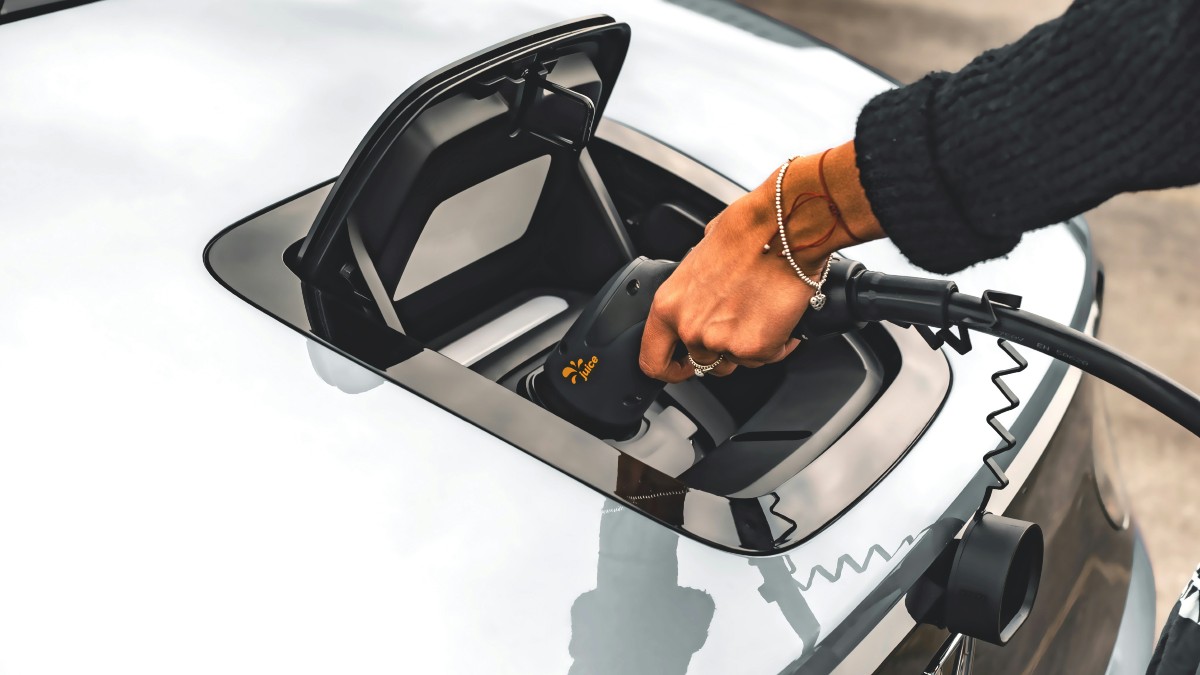While traditional vehicles powered by engines and gasoline still dominate the automotive industry, last year saw their market share drop below 80% for the first time. Electric vehicles are here to stay, and they continue to climb in popularity and sales numbers each year. Even still, there are plenty of car shoppers out there with their doubts and questions, and one of the biggest concerns is maintenance costs.
In particular, battery replacement seems to be one the most frequent talking points, with tons of debates and misinformation circulating the internet and mainstream media. Today we’re going to talk about some of the biggest myths regarding EV batteries and the coverage of their replacement, highlighting the reality of each situation to hopefully assuage your fears that this battery is going to drain your wallet faster than any maintenance an ICE vehicle might need.
Myth #1: All EV Batteries Need Frequent Replacement
While this first myth has more to do with the battery replacement itself rather than its insurance coverage, it’s an important starting point in the discussion about EVs and their maintenance costs. One of the biggest misconceptions regarding modern electric vehicles is that you’re going to have to spend a ton of money to replace the battery. The truth is far less scary, though understandably intimidating. If you do need to replace your EV battery, it’s going to cost you anywhere from $5,000 to $20,000.
But this idea that you’re going to need to replace your EV battery frequently is completely nonsensical, as a lot of EV batteries today are outlasting traditional ICE powertrains. Some of the most popular EV manufacturers have claimed that their EVs only lose 20% capacity over a decade, and many of those same manufacturers offer warranties that cover the lithium-ion battery packs for up to 10 years or 100,000 miles.
Myth #2: Insurance Always Covers Battery Replacement
A lot of vehicle owners purchase insurance and assume that anything and everything that could happen to their car, truck or SUV would be covered by that insurance. But as you’ve potentially already learned from reading some of our other blogs, this isn’t always the case, and depends significantly on your provider and the type of coverage you purchase.
For example, standard insurance policies – even those that include comprehensive coverage – don’t always cover mechanical wear and tear. While your battery replacement might be covered in the event of damage from a collision, fire, flood or vandalism, the gradual degradation that is the source of most people’s misconceptions and fears would be covered by a warranty rather than an auto policy.
Myth #3: You’ll Pay Out-of-Pocket Even After an Accident
In contrast to those who believe your battery replacement will always be covered, there are also those who think you’ll always pay out-of-pocket for your EV battery replacement, even after an accident. And much like the reality of that previous myth, the truth here is going to depend on you having your policy structured appropriately. As long as you have comprehensive or collision coverage, if your EV battery gets damaged as a result of an accident, you should be covered. But you can always check with your agent to make sure that EV components are explicitly included in your policy.
What You Can Do Today
If you own an electric vehicle – or might be considering purchasing one – the most important thing to do is review your coverage. Speak to your agent to make sure your current policy includes comprehensive protection for EV components, or that your new policy will include it before purchasing your EV. You can also ask about endorsements, as you might be able to augment your policy with additional coverage specifically for your EV and its components.
If you have any questions or might like to discuss getting coverage for an electric vehicle, don’t hesitate to get in touch with us right here at Glover Family Independent Insurance. We look forward to speaking with you and giving you the peace of mind that comes with comprehensive coverage.



